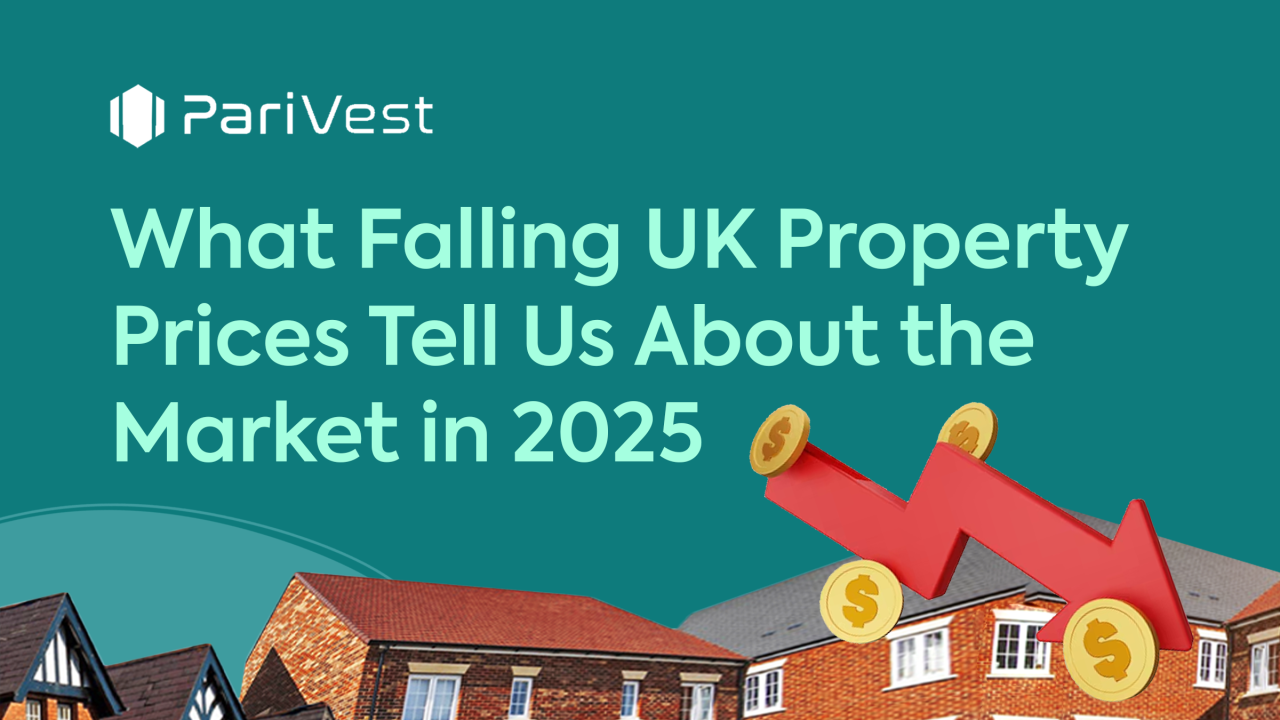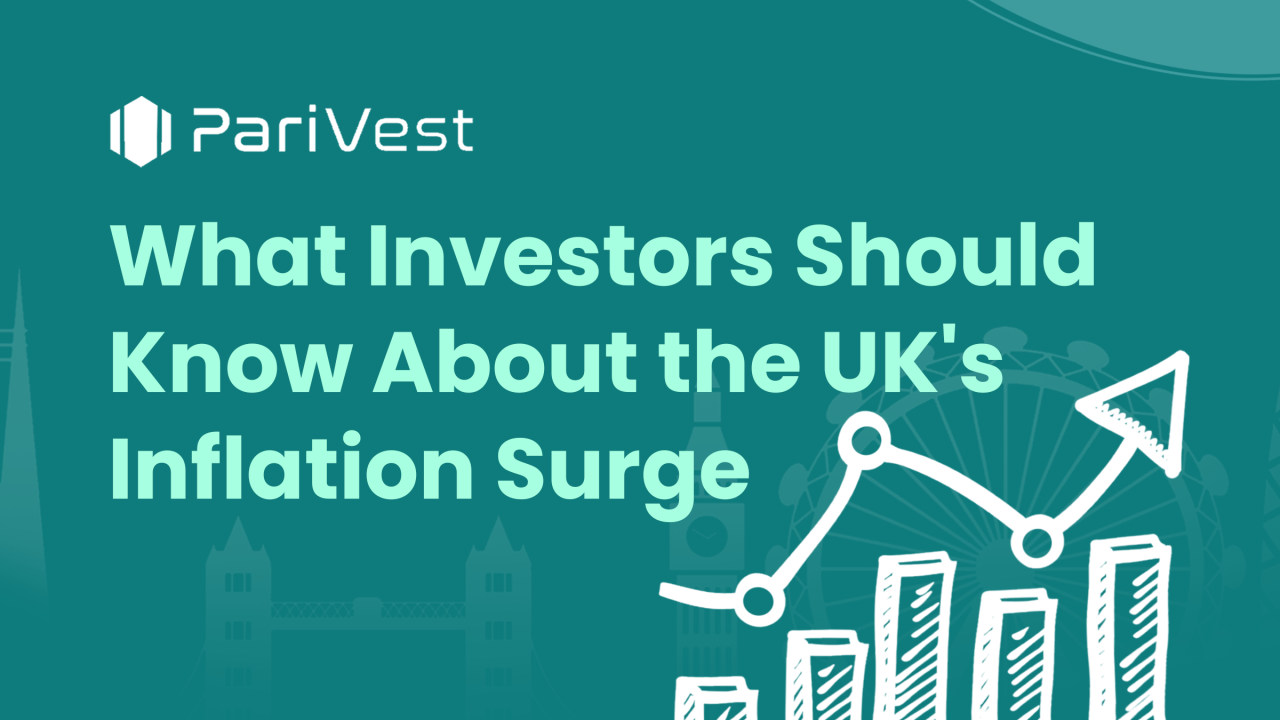
What Falling UK Property Prices Tell Us About the Market in 2025
The UK property market is undergoing one of its most fragmented phases in recent memory. While inner London home prices are falling, outer boroughs are showing resilience. Simultaneously, inflation in the UK remains above target, and mortgage rates continue to weigh on buyer behaviour. For Nigerian investors, these trends present a strategic opportunity to invest in real estate backed by a strong currency and long-term fundamentals.
Inner London House Prices Continue to Decline
Between September 2024 and March 2025, home values in central London boroughs—including Hackney, Southwark, Greenwich, and Wandsworth—fell by an average of £30,000 (a 4.4% decline), according to the UK Land Registry. This marks six consecutive months of price drops in some of the most historically expensive areas of the capital.
This downward trend is being attributed to a combination of factors:
Elevated mortgage rates, which reduce buyers' borrowing capacity
Stagnant demand, as affordability challenges increase
Tax reforms targeting high-value properties, adding additional cost layers for buyers
The result is a softened, cautious market in central London where pricing is difficult to gauge and homes are sitting on the market longer than usual.
Outer London Shows Resilience
In contrast to central boroughs, outer London and suburban areas have seen prices edge upward in the same period. These zones offer more affordability, space, and value—making them attractive to both first-time buyers and investors seeking long-term rental yield.
Analysts describe this as a “decoupling” of inner and outer London, a structural shift that reflects deeper economic and lifestyle changes in post-pandemic Britain. Over the past eight years, property values in inner London have fallen by 0.2 per cent and risen 15.4 per cent in outer London according to the Office for National Statistics.
How Inflation and Housing Prices Interact
The UK’s inflation rate remained at 3.4% year-on-year in May 2025, driven by rising costs of food, furniture, and household goods, according to the Office for National Statistics. Although down from its peak, inflation is still well above the Bank of England’s target of 2%.
The Bank has signalled that it expects inflation to peak around 3.7% between July and September, before easing toward target levels by early 2026. However, until inflation is firmly under control, interest rates are likely to remain elevated, which has a direct impact on the housing market.
To understand what’s happening in the UK housing market, it’s important to see how inflation and housing are interlinked.
High inflation pushes interest rates up: To cool inflation, central banks raise interest rates, which directly affects mortgage costs.
High mortgage rates reduce affordability: As monthly payments rise, fewer people qualify for large loans, especially in high-cost areas like central London.
Lower demand leads to price drops: When fewer people are able or willing to buy, prices fall, particularly in expensive areas.
Construction and rent costs rise: Inflation also increases the cost of materials and labour, slowing housing supply and raising rent, especially in growing outer boroughs.
What This Means for You
These developments present a rare window of opportunity for Nigerian investors looking to diversify into global real estate:
Lower entry prices in inner London make it possible to acquire high-value assets at a discount, which is ideal for long-term capital growth.
Stable performance in outer boroughs offers consistent rental income, especially in family-friendly or commuter zones with growing populations.
Inflation and high rates are temporary. Over time, as rates fall and demand returns, values in both zones are expected to correct upward—especially in well-located properties.
Through PariVest, Nigerian investors can invest in naira and earn in pounds, gaining access to the UK real estate market. Our platform provides exposure to an asset class that is backed by one of the world’s most stable and regulated economies.
Even in a fragmented market, the UK remains one of the most attractive property destinations in the world. With the right strategy, this moment of volatility can become a powerful wealth-building opportunity. For questions, contact us at [email protected].


